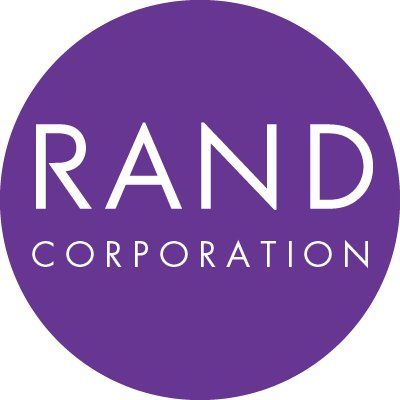Most Outpatient Mental Health Clinics Don't Offer Opioid Addiction Meds
19 Jun 2024
WEDNESDAY, June 19, 2024 -- Only a third of outpatient mental health facilities offer medications essential for treating opioid addiction, a new study finds.
Standard care for treating people with opioid use disorder involves drugs like buprenorphine, methadone and naltrexone, which help suppress cravings and blunt the effects of narcotics.
But most front-line mental health facilities don’t offer these medications, researchers reported June 18 in the journal JAMA Network Open.
“Outpatient community mental health treatment facilities can be an important part of the treatment ecosystem for individuals with opioid use disorders,” said lead study author Jonathan Cantor, a policy researcher at RAND Corp.
For the study, researchers surveyed 450 clinics located in 20 states with the highest opioid overdose death rates in the nation -- Arizona, California, Connecticut, Delaware, Florida, Indiana, Kentucky, Maine, Maryland, New Mexico, New York, Ohio, Pennsylvania, Rhode Island, South Carolina, Tennessee, Texas, Vermont, West Virginia and Wyoming.
More than 80,000 Americans died from opioid overdoses in 2021, researchers noted in background notes.
Unfortunately, medication treatment for opioid addiction remains vastly underused. A recent study found that nearly 90% of those with opioid use disorder weren’t prescribed these meds, researchers noted.
Because an estimated 25% of adults with opioid addiction also suffer from mental illness, outpatient mental health facilities are a potentially important access point for such medication treatment, researchers said.
“Further attention is needed to address challenges to offering medication treatment, and to assess whether referral models cited by many of the clinics are effective at meeting patients’ needs,” Cantor said in a RAND news release.
Most clinics that did not offer medication treatment said they referred patients to other facilities for such care, often sending them to sites that were within the same treatment system.
Clinics that offer integrated treatment services -- in which substance abuse and mental health problems are addressed at the same time -- were more than five times as likely to offer medication for opioid addiction, researchers found.
Likewise, facilities that reported having a specialized treatment program for people with both mental health and substance use problems were more than twice as likely to provide medication treatment.
“Our findings suggest that offering integrated substance use disorder services for people with co-occurring mental illnesses is a potential avenue toward improving uptake of medication-assisted treatment among those with opioid use disorder,” Cantor said.
Places also were more likely to offer medication treatment for opioid addiction if they had housing services for patients or had on-site laboratory services.
Whatever your topic of interest, subscribe to our newsletters to get the best of Drugs.com in your inbox.
For more details,please visit the original website
The content of the article does not represent any opinions of Synapse and its affiliated companies. If there is any copyright infringement or error, please contact us, and we will deal with it within 24 hours.
Organizations
Indications
Targets
-Hot reports
Get started for free today!
Accelerate Strategic R&D decision making with Synapse, PatSnap’s AI-powered Connected Innovation Intelligence Platform Built for Life Sciences Professionals.
Start your data trial now!
Synapse data is also accessible to external entities via APIs or data packages. Leverages most recent intelligence information, enabling fullest potential.



